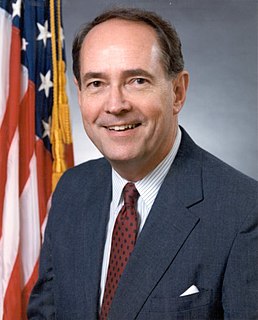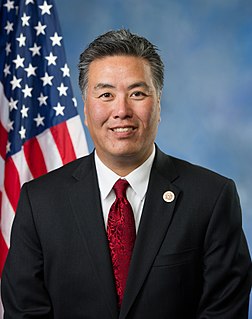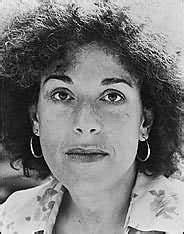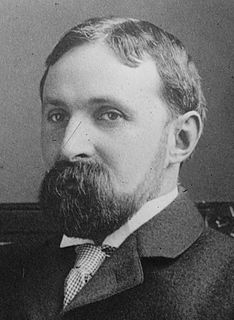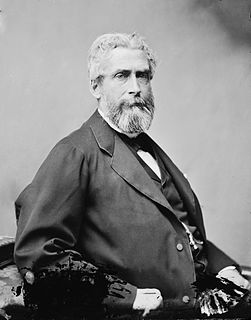A Quote by Aleksandr Solzhenitsyn
I have always insisted on the need for local self-government for Russia, but I never opposed this model to Western democracy. On the contrary, I have tried to convince my fellow citizens by citing the examples of highly effective local self-government systems in Switzerland and New England, both of which I saw first-hand.
Quote Topics
Related Quotes
In ancient China, self-government was highly developed both in community life and in personal life. The custom of mutual protection and assistance was widespread. The organization and regulations of local self-government were clearly defined and strictly applied. Individual self-control was even more strongly emphasized.
Meiklejohn's position is that free speech in a democracy is not an absolute flowing from the boundless source of some presumed 'natural right.' It is a practical necessity of 'self-government by universal suffrage,' for if the citizens are not permitted to argue out the issues of government, how can they be what they must be in a democracy - the rulers as well as the ruled?
Nations are beginning to look to some vague organization, some nebulous course of humanity, to pay their bills and tell them what to do. This is not local self-government. It is not American. It is not the method which has made this country what it is. We can not maintain the western standard of civilization on that theory. If it is supported at all, it will have to be supported on the principle of individual responsibility.
In a really equal democracy, every or any section would be represented, not disproportionately, but proportionately. ... Unless they are, there is not equal government, but a government of inequality and privilege: one part of the people rule over the rest: there is a part whose fair and equal share of influence in the representation is withheld from them, contrary to all just government, but, above all, contrary to the principle of democracy, which professes equality as its very root and foundation.
I am committed to furthering the self-determination of Indian communities but without terminating the special relationship between the Federal Government and the Indian people. I am strongly opposed to termination. Self-determination means that you can decide the nature of your tribe's relationship with the Federal Government within the framework of the Self-Determination Act, which I signed in January of 1975.



